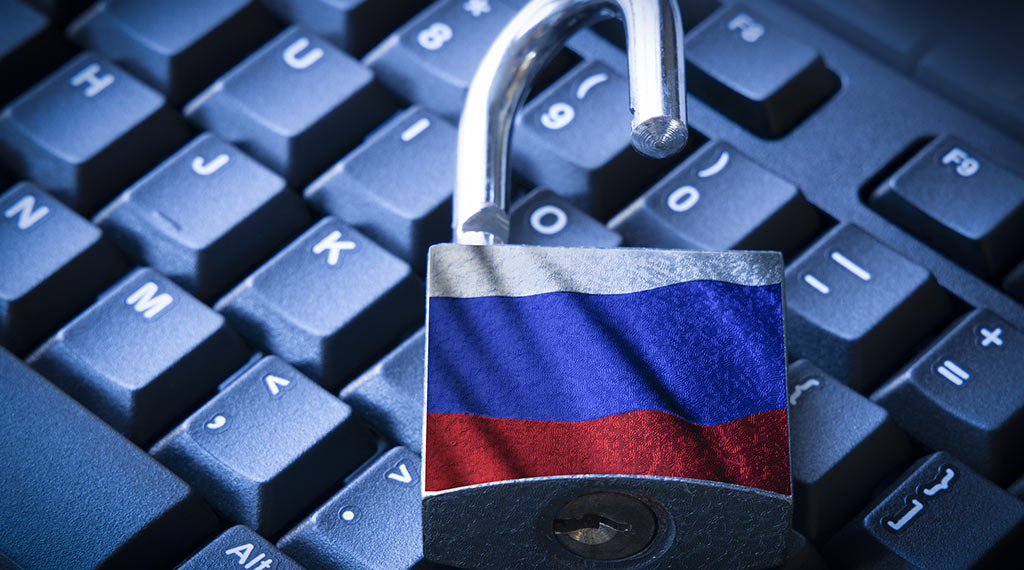
While America was celebrating its Independence Day on July 4, a group of Russian-speaking hackers launched a massive ransomware attack against hundreds of US companies and more than a thousand others around the world.
Responsibility for the massive cyberattack was claimed by the group known as REvil — an abbreviation of Ransomware Evil. It demanded a $70 million ransom in bitcoin to restore the stolen data.
At least 200 US entities, including a Miami IT firm, Kaseya, and a contractor for the Republican National Committee (RNC), were affected by the recent attack, which was the second major one carried out by the same group. However, cybersecurity experts believe that the RNC’s computer system breach was conducted separately by a group of government hackers tied to Russia’s foreign intelligence service, clearly making it an espionage operation.
The increasing number of cyberattacks in recent weeks has shone a light on US-Russian relations, following the meeting between US President Joe Biden and his Russian counterpart Vladimir Putin in Geneva last month, in which Biden warned against attacking his country’s infrastructure. He handed Putin a list of 16 critical American sectors that were to be off limits, vowing to retaliate against any future hacks. However, we do not know if the US administration considers Kaseya to be part of one of those 16 critical infrastructure sectors.
“I pointed out to him that we have significant cyber capability. And he knows it. He does not know exactly what it is, but it is significant. And if, in fact, they violate these basic norms, we will respond with cyber. He knows,” Biden told reporters after his meeting with Putin.
Does the Russian leader really know or care? It seems that the ambitious Putin has, for the past six months, been testing the limits of the White House by intensifying the number and value of these cyberattacks. This has increased the pressure on Biden to either engage with or retaliate against Moscow.
It would be unrealistic and naive to assume that such a dangerous global act could be launched from such a dictator-led country without the knowledge, approval or even the specific instructions of Putin himself.
In the Situation Room at the White House, Biden last week held a meeting with his top cybersecurity advisers from the Departments of Homeland Security, State, and Justice, along with members of the intelligence community, to study the proper response to this Russian aggression and ways to convince Putin to rein in these cyber criminals.
Click HERE to read more.
- Moderate Muslim voices deserve to be heard in America - July 25, 2023
- Specter of Afghanistan debacle haunts Biden - May 25, 2023
- Washington should scrutinize the motives behind Qatar’s unfriendly policies - April 7, 2023
